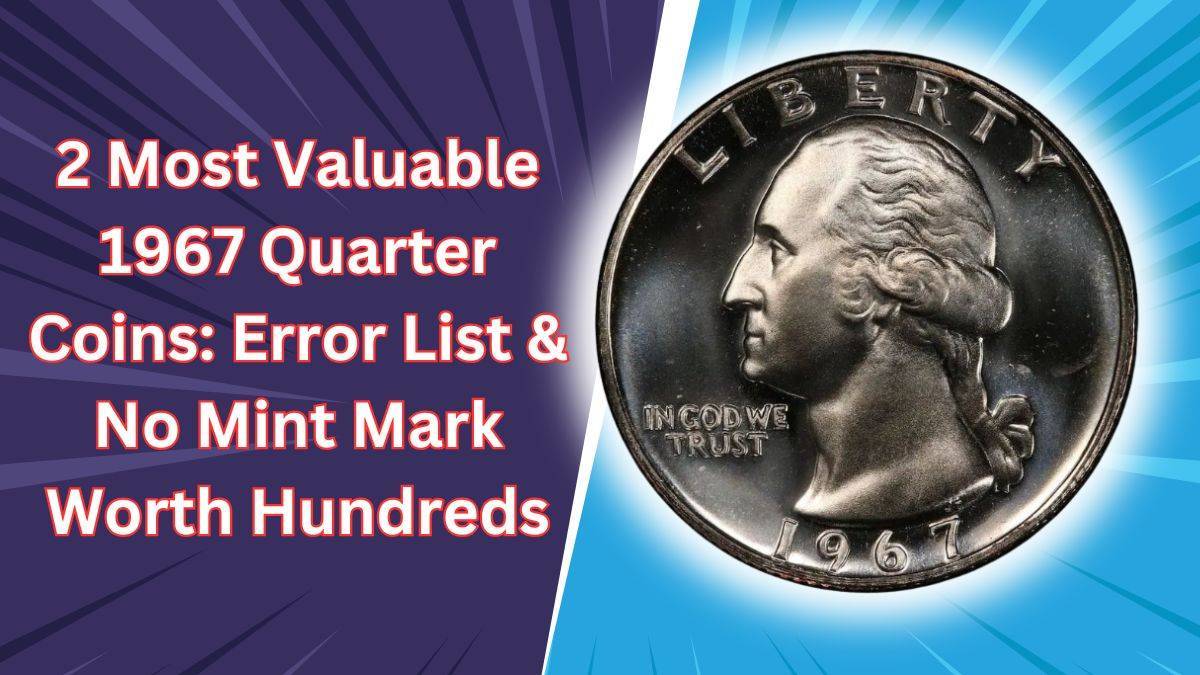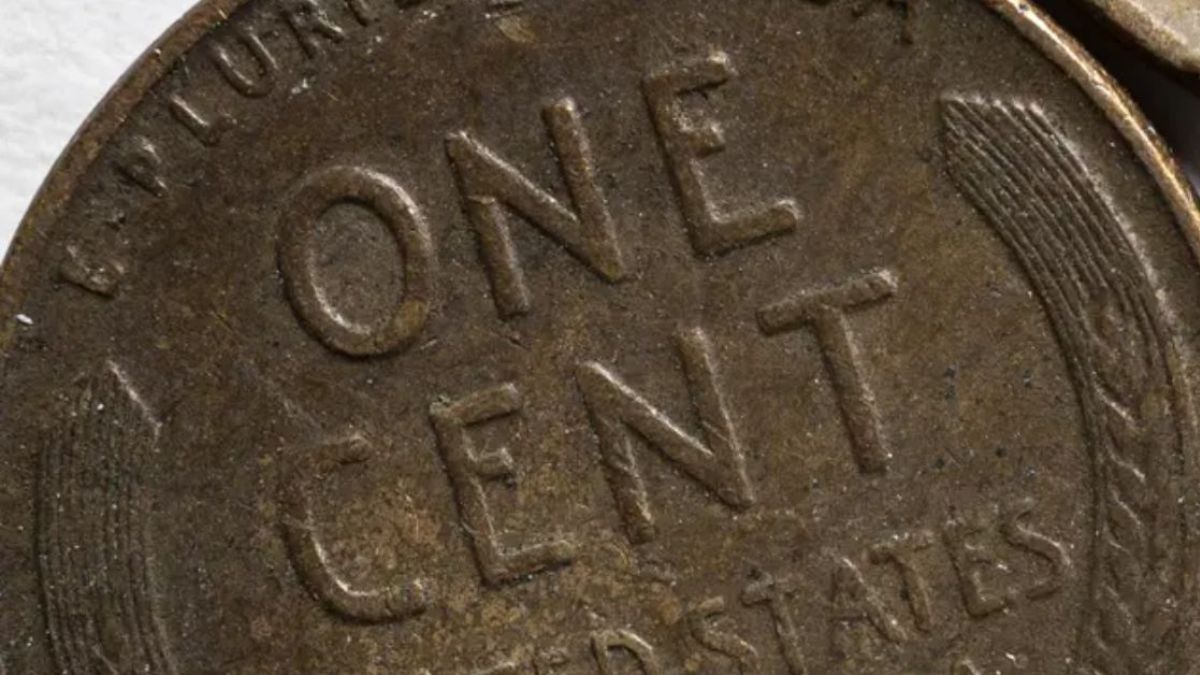The 1967 Washington Quarter might seem like just another piece of pocket change, but it carries historical significance and, in some cases, surprising value. While most of these quarters are common, specific conditions, errors, and Special Mint Sets (SMS) coins can make them worth hundreds—or even thousands—of dollars.
Let’s uncover what makes the 1967 quarter unique, how to evaluate its worth, and what to look for in rare variants.
Historical Background of the 1967 Quarter
In the mid-1960s, the United States faced a nationwide coin shortage, largely due to hoarding prompted by rising silver prices. To address this, the Coinage Act of 1965 eliminated silver from quarters, introducing a copper-nickel-clad composition instead.
From 1965 to 1967, the U.S. Mint also removed mint marks from coins to discourage hoarding and prevent collectors from targeting specific mints. As a result, all 1967 quarters are “No Mint Mark” coins, making it impossible to determine whether they were struck in Philadelphia, Denver, or San Francisco.
1967 Quarter Value Chart
| Grade/Condition | Value |
|---|---|
| Circulated (Good/Fine) | $0.30 |
| Extremely Fine | $0.30 |
| Uncirculated (MS65+) | Up to $6,250 |
| Special Mint Set (SMS) | Up to $150 |
Key Features of the 1967 Washington Quarter
Obverse Design
- Portrait: George Washington, left-facing
- Inscriptions: LIBERTY and IN GOD WE TRUST
- Year: 1967
Reverse Design
- Eagle: Wings spread, clutching arrows and olive branches
- Inscriptions: UNITED STATES OF AMERICA, E PLURIBUS UNUM, QUARTER DOLLAR
Physical Specifications
- Composition: 75% copper, 25% nickel (outer layers) bonded to a pure copper core
- Weight: 5.67 grams
- Diameter: 24.30 millimeters
- Edge: Reeded
Grading the 1967 Quarter
Coin grading is essential in determining a quarter’s value. The higher the grade, the more valuable the coin.
- Circulated Coins: Show wear from handling, with limited detail remaining.
- Uncirculated Coins: Retain sharp details, strong luster, and no visible wear.
- Special Mint Sets (SMS): Produced for collectors with a matte finish and sharper detail.
High-Value Grading Categories
- Cameo (CAM): Contrast between the raised design and flat fields.
- Deep Cameo (DCAM): Enhanced contrast with mirror-like surfaces.
Rare 1967 Quarter Errors
Some minting errors can significantly increase the value of a 1967 quarter. Here are a few to watch for:
| Error Type | Description | Value |
|---|---|---|
| Struck on Nickel Planchet | Smaller planchet with partial design visible | $130–$160 |
| Struck on Copper Planchet | Reddish-brown color, missing rim | $90–$150 |
| Struck on Dime Planchet | Smaller dime-sized coin | Around $100 |
| Off-Center Strikes | Design shifted by 20–30% | Varies |
| Curved Clip Error | Planchet clipped due to cutting error | Up to $400 |
Special Mint Set (SMS) Coins
In response to the coin shortage, the U.S. Mint produced Special Mint Sets (SMS) instead of proof sets in 1967. These sets included quarters, dimes, and nickels, with a unique matte finish and sharper strikes.
Rarity and Value
- Only 1,863,344 SMS sets were produced.
- High-grade SMS quarters (graded MS69) can sell for up to $150.
Identifying and Selling Valuable 1967 Quarters
If you think your 1967 quarter might be valuable, here’s how to proceed:
1. Inspect Your Coin
- Look for errors like off-center strikes or unusual colors.
- Examine details in George Washington’s hair and the eagle’s feathers.
2. Determine Its Grade
- Coins with sharp details and no wear are likely uncirculated or SMS coins.
3. Weigh the Coin
- A 1967 quarter struck on a silver planchet weighs 6.25 grams, compared to 5.67 grams for standard clad quarters.
4. Consult an Expert
- Professional grading services like PCGS or NGC can authenticate and grade your coin.
5. Sell Through Reputable Channels
- eBay: Ideal for reaching a global audience of collectors.
- Heritage Auctions: Specializes in rare coins.
- Local Coin Shops: Provide on-the-spot evaluations.
Conclusion
While most 1967 quarters are only worth their face value, those in uncirculated condition, part of SMS sets, or featuring rare minting errors can fetch impressive sums. With values reaching up to $6,250 for pristine coins and even more for error varieties, it’s worth taking a closer look at your collection.
Who knows? You might have a hidden gem waiting to be discovered!






